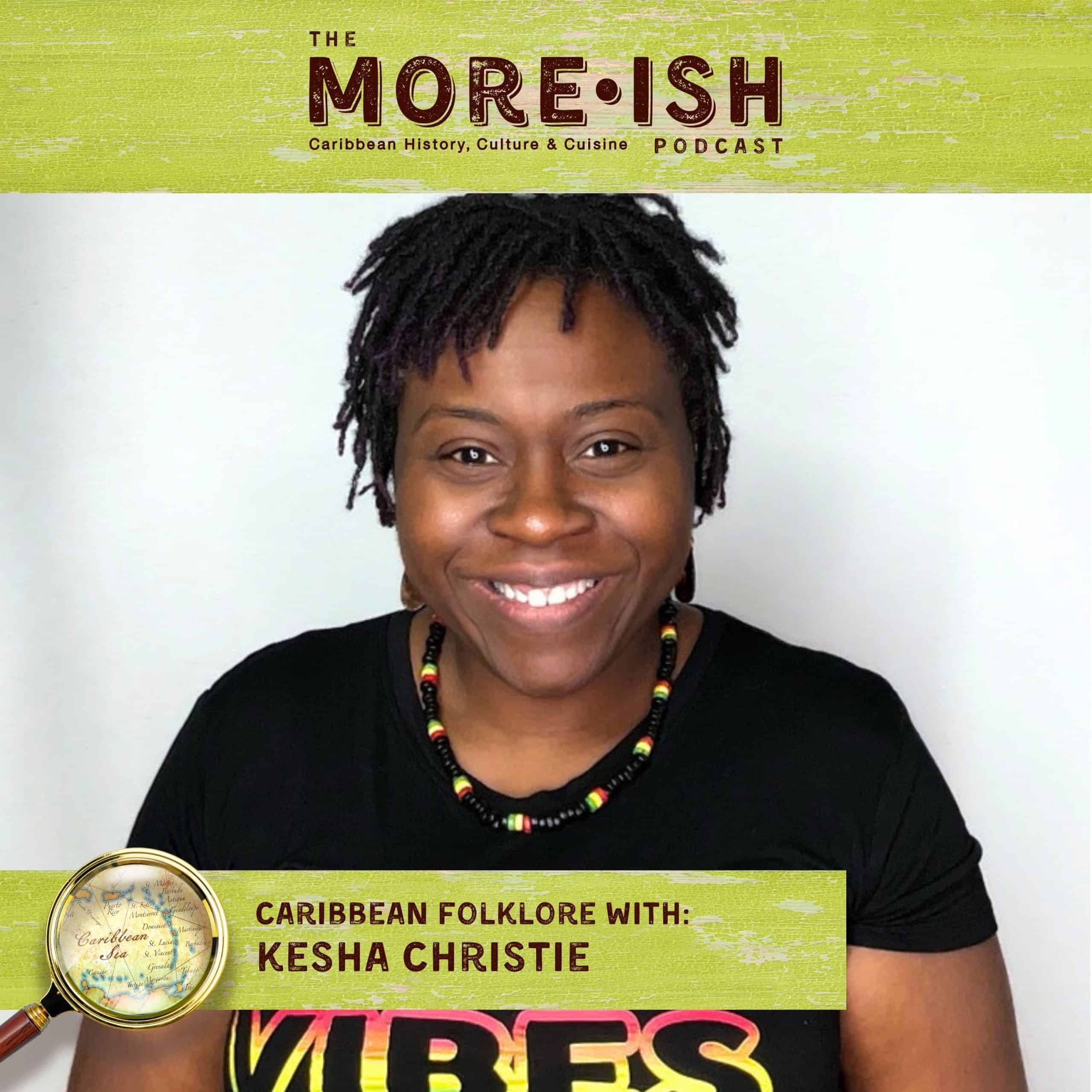Exploring Caribbean Foodways with Dr. Candice Goucher
Dr. Candice Goucher, author of “Congotay! Congotay! A Global History of Caribbean Food” discusses the survival and adaptation of food traditions amidst historical adversities, how these have contributed to a vibrant culinary landscape, and insights into how food history can reveal the complex and dynamic cultural exchanges that shape the Caribbean.
Understanding Caribbean Culture Through Food
V.S. Naipaul, a prominent Caribbean writer, once claimed that nothing was ever created in the Caribbean, only destroyed. Others have looked at this history of the Caribbean as one of the most creative deconstruction and reconstructions of cultural elements that has ever existed on this planet.
In this episode of the podcast Dr. Goucher highlights the Indigenous peoples, the European settlers, enslaved Africans, and Indian indentured servants and how each community contributed to the Caribbean’s rich cultural and culinary mosiac. Dr. Goucher’s insights remind us that Caribbean history is a testament to cultural adaptability, innovation, and resilience.
Congotay! Congotay! A Global History of Caribbean Food
The book “Congotay! Congotay! A Global History of Caribbean Food,” was written through Dr. Goucher’s lens as an Africanist, archeologist, and Professor Emerita of History at Washington State University. Goucher highlights how food history integrates women’s voices and the often-overlooked contributions of marginalized communities, and she weaves stories of inequality, gender, and social history with the global history of Caribbean cuisine.
The Indigenous Influence and Myths of Cannibalism
The Indigenous peoples of the Caribbean, who were expert seafarers and farmers, are known to be the original inhabitants who found their way to the Caribbean from South America. They laid the foundational foodways that would later intersect with African and European culinary practices. Goucher dispels myths like Indigenous cannibalism, exposing them as European fabrications to justify colonial conquests.
The European Impact and Culinary Creolization
European colonization introduced new crops and livestock, drastically altering the Caribbean landscape and food culture. Caribbean cuisine emerged through creolization, a process where elements of different cultures come together to form something new, that has resulted in a unique culinary identity that highlights and celebrates the resilience and creativity of Caribbean peoples.
The Global Influence of Caribbean Cuisine
Foods and dishes that are popular in the Caribbean, from ackee, breadfruit, and plantain to the adoption of curry, reflects a global culinary exchange during the time of the Trans-Atlantic Slave Trade. Goucher shares how the exchange went the other way, with ingredients like chili peppers and pineapples making their way and becoming popular around the world.
About Dr. Candice Goucher
Candice Goucher is Professor Emerita of History at Washington State University. She is the author of many books on Africa, the Caribbean, and world history, and a recipient of the World History Association’s Pioneers in World History Award for lifetime achievement. Her books on food have won Gourmand awards, including Congotay! Congotay! A Global History of Caribbean Food (2014) and Picnics and Porcupines: Eating in the Wilderness of Michigan’s Upper Peninsula (2024).
Dr. Goucher’s book remains a crucial resource for anyone wishing to explore the depths of Caribbean food history and culture. Its exploration of food, language, and folklore presents a comprehensive picture of the Caribbean’s historical narrative. As we continue to uncover more about Caribbean heritage, Goucher’s work stands as a pivotal contribution to the understanding of cultural hybridity and resilience.






